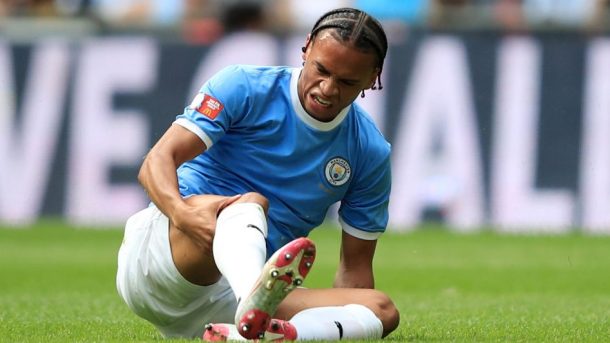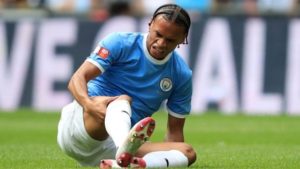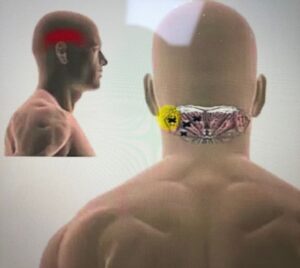Inspired By Mick Hughes (ACL injury and rehab expert) in Australia who published this information as part of his MSc Project.
Anterior Cruciate Ligament (ACL) injury is a serious injury to the knee which is very traumatic to the individual. It is the reason why this traumatic experince can increase fear when having to think about returning back to sport or activity. ACL injuries can take a long time to properly rehabilitate especially when opting to have an ACL reconstruction (ACLR). The rehabilitation can take anywhere between 9-16 months before the person is passed as fully fit. It imperative that if you are going through rehabilitation or opting to have a ACLR you must treat this injury seriously and make sure rehabilitation is complete otherwise the risk of re-injuries are high.
The purpose of this post is to educate people and parents about an ACL injury and what to look out for if you think you injured the ligament.
Things to Know:
1. ACL is a stabilising structure to the knee
2. ACL affects people of all ages, women are X2 more likely to suffer an ACL injury.
3. Most ACL injuries occur in contact and agility sports
4. You will often feel a pop/crack in the knee and will often see the knee swell within 2 hours causing pain and you may struggle to walk on your injured knee.
5. A Health Professional will ask you questions regarding your injury and perform tests to see what structures may have been injured.
6. MRI is the best option to view the ACL
7. If you have suspected you torn your ACL, a GP or a health professional such as a Physiotherapist can refer you for a MRI.
Treatment Options:
1. Not all ACL Injuries require surgical reconstruction
2. Regardless of what treatment options available, undertaking a rehabilitation program once the knee has settled down has good long term outcomes.
Rehabilitation:
1. If you have an ACL reconstruction (ACLR), it is important that you have carried out a rehabilitation program for at least 9 months before returning to sport, longer in younger population.
2. Rehabilitation should be progressed by your physiotherapist that addresses pain, swelling, range of movement, strength and control, running, jumping and landing, and training for sport.
Return to sport:
1. Passing all the physical and psychological tests does not guarantee you will not re-injure your knee.
2. Factors that can reduce re-injury are:
*Waiting longer than 9 months after surgery
* Passing the return to sport criteria tests (hop tests, strength tests) having quadriceps strength similar to uninjured side.
* Not taking shortcuts in your rehab.
Good Luck!!!!!






